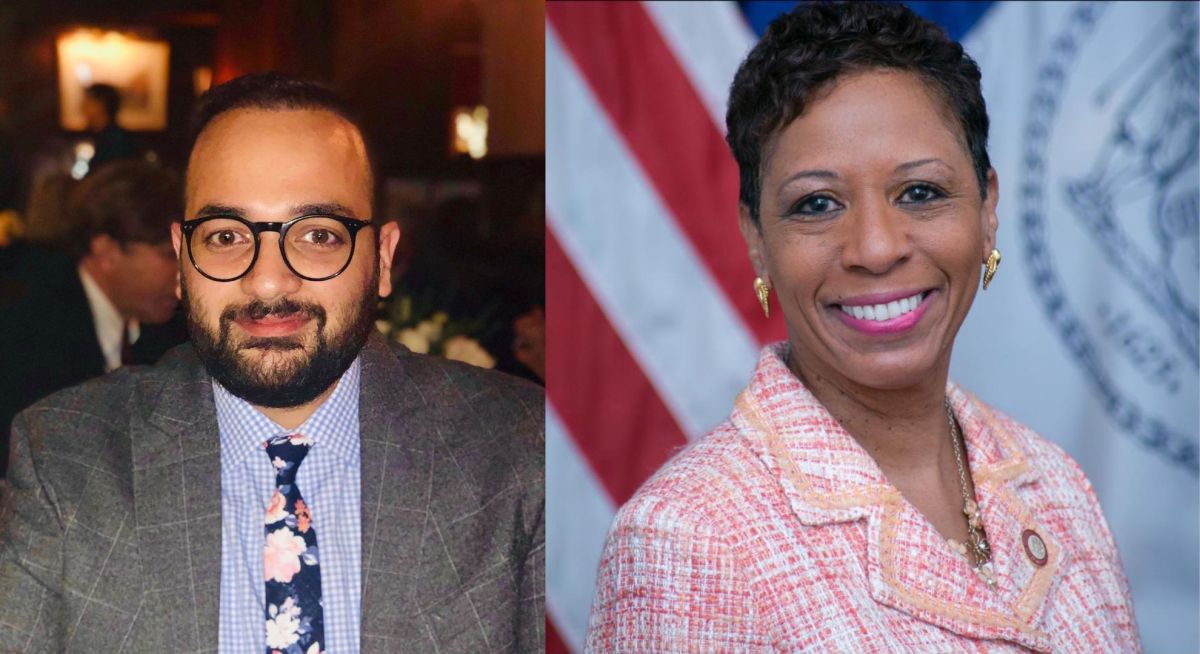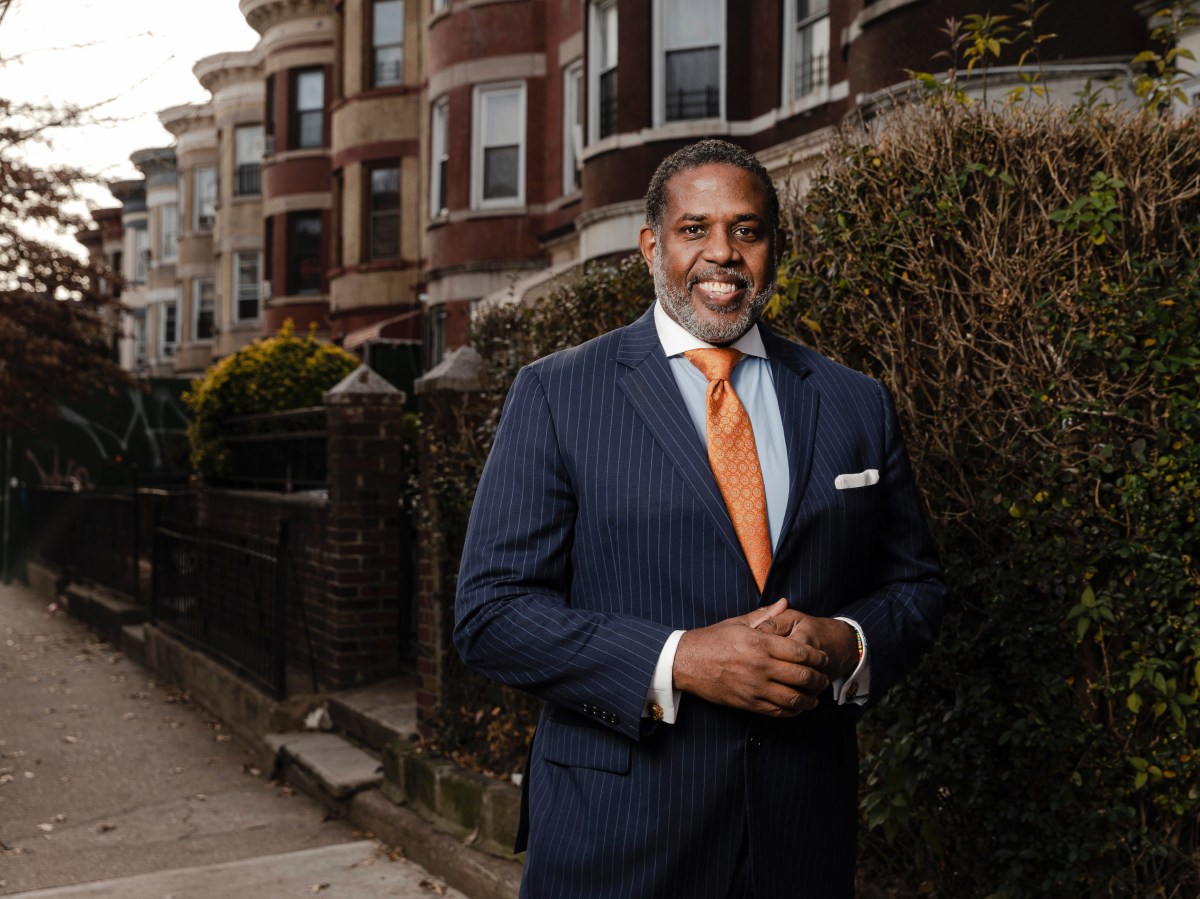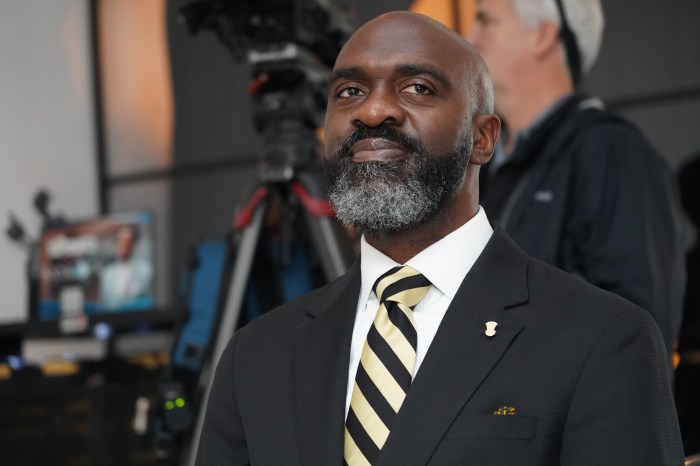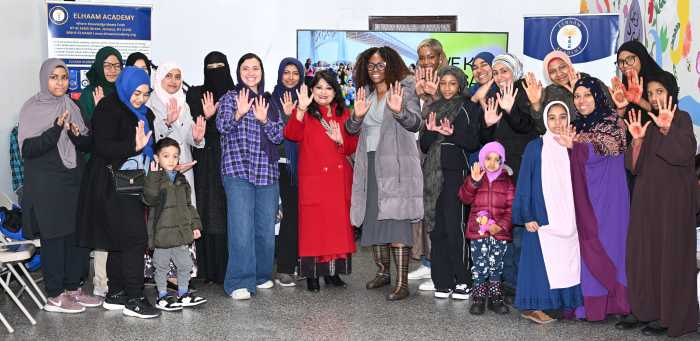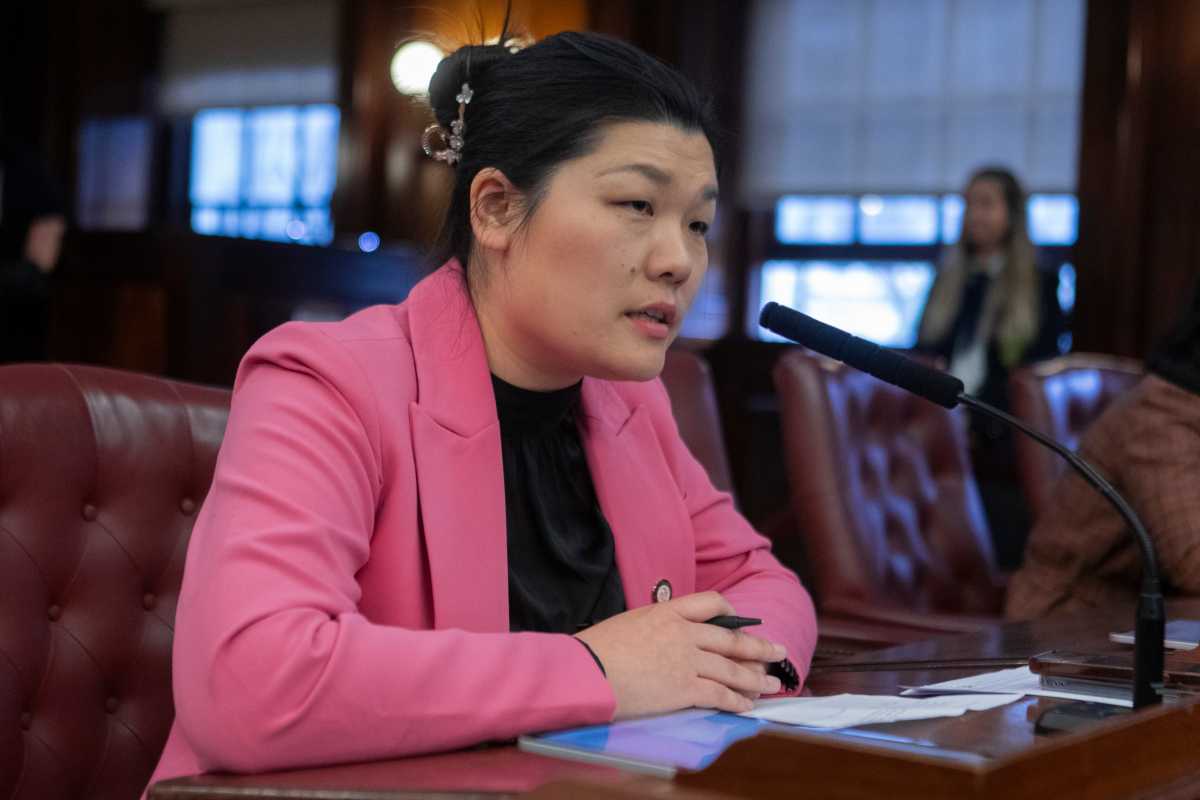New York City Council, the New York Immigration Coalition (NYIC), and community partners on Wednesday launched New York City’s first-ever Community Interpreter Bank and the Protect NYC Families initiative to support Caribbean and other immigrants amid the implementation of President Trump’s deportation agenda.
NYIC, an umbrella policy and advocacy organization that represents over 200 immigrant and refugee rights groups throughout New York, told Caribbean Life that The NYC Community Interpreter Bank centralizes interpretation services available to Caribbean and other immigrants across the five boroughs and will recruit, train and dispatch interpreters to City-funded legal service providers, community navigation sites and City Council offices.
NYIC said interpreters fluent in the most commonly requested languages will help ensure that every immigrant in the city can access services and information in their preferred language.
In Fiscal Year 2025, the City Council allocated $1.4 million to initiate the Community Interpreter Bank.
Through the Protect NYC Families initiative, the Council allocated over $2 million in funding to over 60 nonprofit organizations to provide more support for increased legal services, rapid response efforts, helplines, and critical community trainings.
NYIC said this new funding will allow providers to expand their capacity and respond to evolving challenges facing New York City’s immigrant communities.
This initiative comes as nonprofit providers continue to face overwhelming demand for services, given Trump’s escalating immigration enforcement and abrupt policy shift.
“New York City is a proud city of immigrants, and we must support our city’s families from attacks by the Trump administration,” said City Council Speaker Adrienne Adams. “The Council is proud to allocate more than $2 million in emergency funding for our Protect NYC Families Initiative, which will provide flexible funding for dozens of non-profit organizations that serve immigrant New Yorkers.
“We are also proud to celebrate the Council’s investments to create the city’s first Community Interpreter Bank, which will help ensure that services are available in the languages that residents speak,” she added. “I thank my Council colleagues, the New York Immigration Coalition, and the many partner organizations whose work is critical to protecting and strengthening our city.”
Murad Awawdeh, NYIC’s president and chief executive officer, said language interpretation services are “a vital pillar of a healthy, thriving and diverse New York City, for both new and long-term immigrants navigating complex systems in an unfamiliar language.
“The NYC Community Interpreter Bank ensures these individuals can access critical services in their preferred language while also creating a direct pipeline to employment for New Yorkers trained in interpretation,” he said.
“We are deeply grateful to the New York City Council and our partners for their vision and investment, recognizing the vital role of language access in fostering a more inclusive city.”
A pivotal component of the Language Justice Collaborative’s (LJC) “Language Access Workforce Initiative,” the NYC Community Interpreter Bank will create sustainable pathways for community members to gain certification and employment as interpreters to provide essential language services to limited English proficient (LEP) New Yorkers, Awawdeh said.
He said the LJC is led by the NYIC, African Communities Together (ACT), Asian-American Federation (AAF), Haitian-Americans United for Progress (HAUP), and Masa.
The second of its kind in the country, and the first in the state, Awawdeh said the NYC Community Interpreter Bank will recruit interpreters from all over the city including from other worker-owned language cooperatives and interpreters who have completed City University of New York (CUNY) Hostos interpreter certification courses.
He said eligible interpreters will either be contracted with one of the co-ops and certified by their cooperative, or have completed Hostos Community College’s first-ever Community Interpreter Certification course.
“These interpreters will work as independent contractors, delivering vital language services across the city,” Awawdeh said.
Recognizing the diverse and growing immigrant population in New York City, he said the City Council allocated funding through the Language Access Workforce Initiative to establish the NYC Community Interpreter Bank in FY 2025.
“The investment acknowledges the vital role of language access in fostering a more inclusive city and addressing the unique challenges faced by asylum seekers arriving in unprecedented numbers,” Awawdeh said.
Before Trump’s heightened clamp down on immigrants, immigration advocates said many of the immigrants arriving in major US cities, such as New York, were nationals of Cuba, Haiti, Venezuela and Nicaragua.
“The New York City Community Interpreter Bank will greatly expand language access to our vibrant immigrant communities, enabling people to more easily receive legal services from city-funded partners, receive translation services at community navigation sites, and get support from local City Council offices,” said Council Member Alexa Aviles, chair of the City Council’s Committee on Immigration. “Not only will translation services now be dispatched to meet people on site, this program will open up new job opportunities to multilingual New Yorkers.
“This, alongside the roughly $2 million in new funding that the Council is distributing across immigration service providers to expand their programs, will equip our immigrant neighbors with greater resources during a terrifying political moment,” she added. “At a time when our communities are expressing need, the Council is being responsive in distributing funds to vulnerable community members.
“I’m proud to stand alongside immigration advocates in implementing these new initiatives,” continued Aviles at a press conference on the steps of City Hall in lower Manhattan. “Together, we are re-affirming our status as a sanctuary city and protecting the millions of immigrants that make our city whole.”
Council Member Crystal Hudson, whose grandmother hailed from Jamaica, said: “As a body, the City Council has stood firm in its support of our immigrant communities across the five boroughs.
“While legislation and advocacy are vital in improving the lives of millions of New Yorkers, these budget initiatives will deliver tangible change and work to protect some of our most vulnerable populations,” said the representative for the 35th Council District in Crown Heights, Brooklyn.
“Information is currency, and we must do everything we can to ensure every New Yorker has full access to available resources and services—including in the languages they speak,” Hudson continued.
Elsie Saint Louis, chief executive officer of Haitian Americans United for Progress (HAUP), an immigration advocacy group, said her organization is “proud to be a part of the transformative Language Justice Collaborative.
“Creating a Haitian language services worker cooperative empowers our community by combining economic opportunity with cultural preservation,” she said. “This initiative ensures that Haitian Creole speakers can access essential services in their native language while contributing to a more inclusive and equitable New York City.”
Camille Mackler, executive director, Immigrant-ARC, said it was “an honor to be partnered with NYIC and all the member organizations of the Language Justice Collaborative, as this historic Community Interpreter Bank is launched in New York City.
“Language access plays a vital role in enabling our immigrant community members to access effective legal representation and access to justice,” she said.
“We at I-ARC are grateful for the opportunity to further the organization’s mission as the interpreter bank initiative will allow those in our legal services provider network to access trained and certified interpreters in a wide array of languages which will be essential in the days ahead,” Mackler added.


